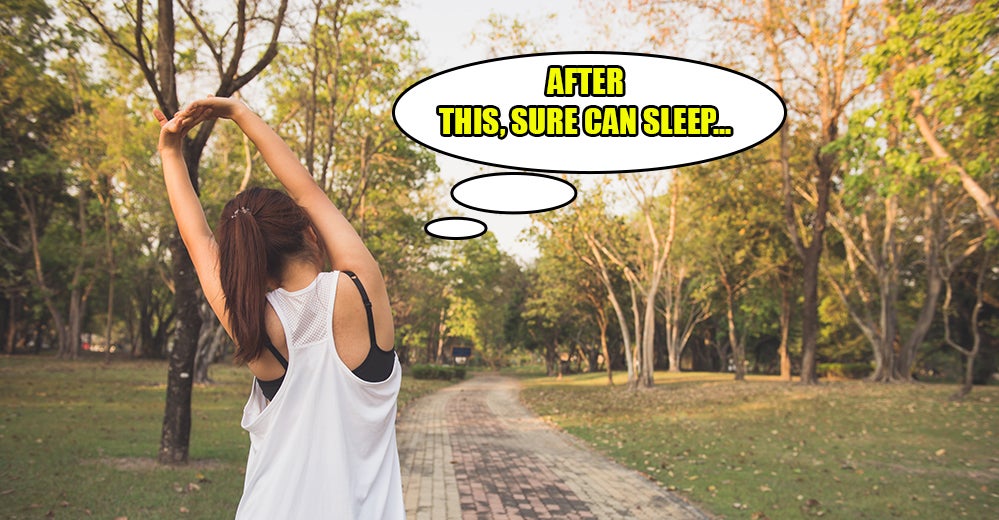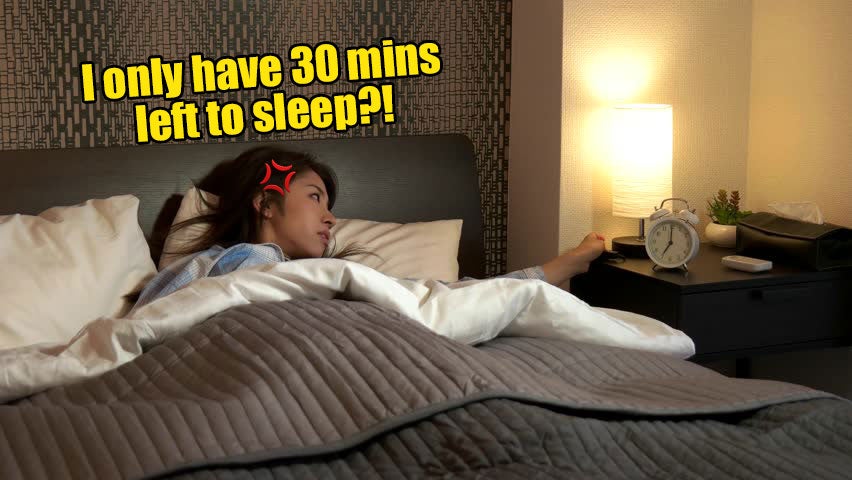Young Malaysians are getting more concerned about living a healthy lifestyle these days but most of the time, this doesn’t just mean eating better! No, in fact, this also means *gasp* exercise! It seems like our schedules are usually stuffed to the max which means it can be really hard to squeeze in some time for exercise (unless you kaw-kaw committed la).
There has been quite a bit of research on what affects a person’s quality of sleep and we’ve always heard that exercising before heading to bed helps. So, does it really? Here’s what we found!
What really happens when you exercise?
We all know that exercise is good for you but here’s just some of the stuff that happens when you do…

Source: Malay Mail
- Your heart rate increases to circulate more oxygen. If you exercise more consistently, this could eventually lead to lower blood pressure too.
- Your brain cells will start functioning at a higher level.
- Your energy levels increase, along with your stamina and various other effects.
All positive things, right? However, as your heart rate is increasing during exercise which also causes your body temperature to rise, you could potentially experience dizziness or even faint if you stop exercising suddenly. Hence, it’s important that you remember to cool down too. It prevents injuries!
So, does it mean that doing all these exercises can help you sleep better? Well, as it turns out, it’s not just the physical exertion itself but it also depends on other factors. Let’s take a look at what some of these things are!
1. Consistency
In a study looking at people with insomnia, it was found that the benefits of exercise on the sleep quality of participants were only evident after a period of four months. The research found that the impact of it is gradual and not as immediate as we’d like to think.

Yeap, we know… Of course, any exercise is better than none at all but if you’re looking at improving your overall sleep, maybe look at getting a routine set-up and sticking to it.
2. Timing
The time that you choose to exercise can potentially make a difference too. There are plenty of reasons that support exercising in the morning, especially if you’re looking to lose some weight in the process. Helping to increase your metabolism while providing you with more energy and focus are just some of the benefits of an early morning workout.
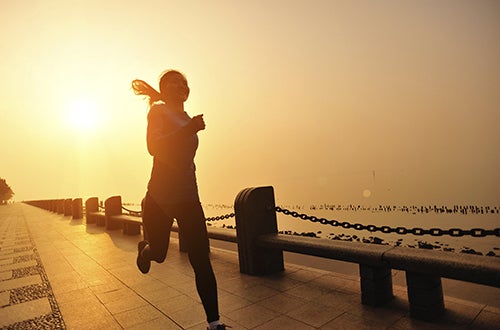
Source: Lifehack
There’s also evidence to suggest that people who workout on the treadmill at 7 am sleep longer, have deeper sleep cycles and spend 75% more time in the most reparative stages of slumber compared to those who exercise later on in the day.
But let’s be real, this isn’t possible for everyone, so the next point may just help you out…
3. What sort of workout you’re doing
According to Helen Driver, manager of the sleep disorders lab at Kingston General Hospital, high-intensity exercise right before bed can be disruptive to sleep.
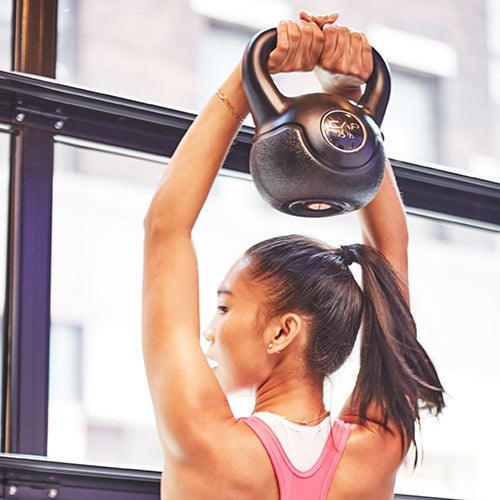
Source: Popsugar
She recommends trying something less strenuous like running, yoga, stretching exercises as well as strength exercises. These exercises done on a regular basis would be more beneficial in helping you fall asleep. The key here is not to do anything too difficult on your body, so feel free to try out different activities and routines to see what works best!
4. Ability to fall asleep
Some people are just blessed with super power to be able to sleep as soon as their head hits the pillow. Jealous! In what seems like just two seconds in, you can already start to hear them snoring. Other people are not so lucky and usually end up tossing and turning for a bit before finally getting a good night’s rest. Then, there are those who suffer from insomnia too!
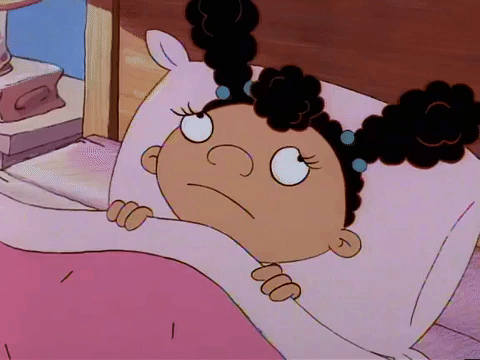
For those of you who already have difficulty falling asleep, you should definitely avoid working out too close to bedtime. The boost in body temperature that usually comes with cardio workouts could interfere even more with your ability to sleep. If you don’t have this issue, well…
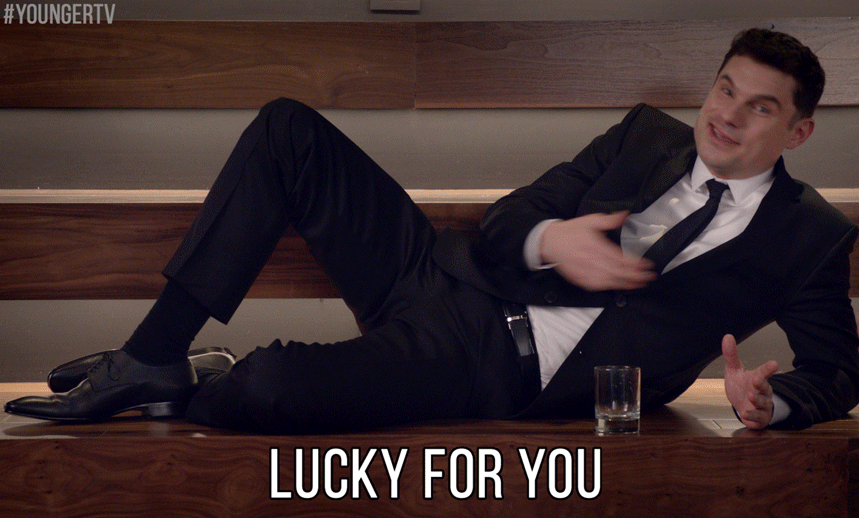
5. Genes
We all know that everyone is unique. This extends to our sleeping patterns as well. Dr Quan, a professor of sleep medicine at Harvard Medical School, says that our sleep patterns are largely dictated by genetics, particularly the ones that we’ve inherited.

This is in reference to our circadian rhythm, or natural 24-hour body clock. Basically, it is what determines if you’re a morning person or more of an evening person. It often becomes something that tells you when you actually perform your best during the day. That’s why we have early birds and night owls!
Conclusion
- If you have no difficulty falling asleep after working out, keep doing so! Just remember to give yourself adequate time for your body’s core temperature to get back down after the workout for better benefits.
- If you can’t seem to fall asleep after working out, try experimenting with the timing of your exercises, the type of exercises that you’re doing and how much of a cool down period you get. Find out what does the trick for you!
Also read: 8 Things Malaysians Confirm Do When They Can’t Sleep at Night

